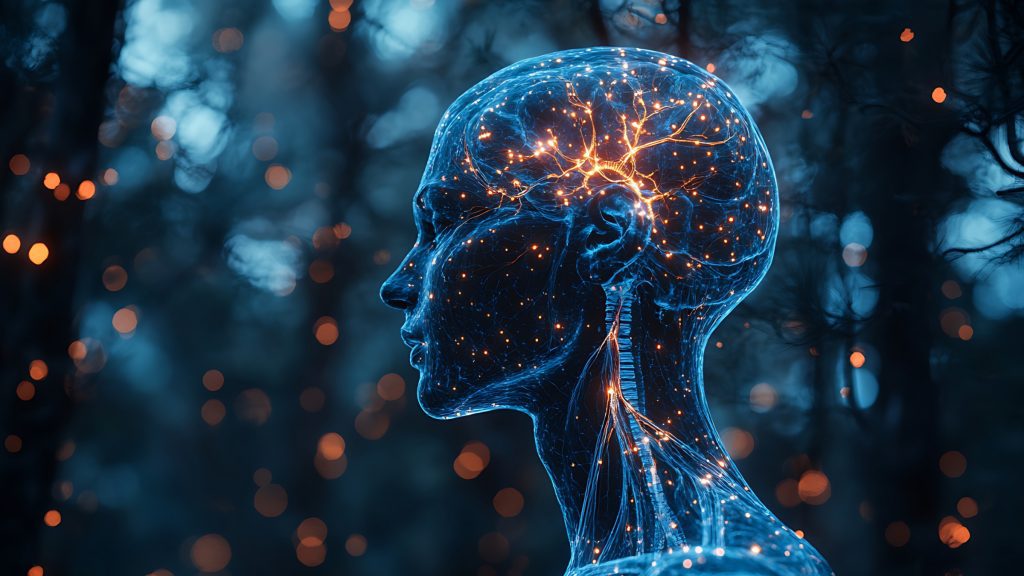
The field of longevity AI is speeding aging research, attracting new investment by applying AI to develop precision treatments and personalized anti-aging therapies, with the trend set to take center stage at June’s Aging Code Summit in Boston.
AI tools are analyzing vast datasets on aging biomarkers and treatment outcomes to identify interventions faster than traditional methods, and while the field has historically struggled with funding and high failure rates, machine learning’s integration is now attracting venture capital and pharmaceutical interest through successful prediction for longevity therapies in development.
AI Secrets to Longevity
Time is one of the greatest challenges of AI in longevity research. Years, even decades, can pass before testing the effects of treatments. In animals like mice, studies might be done in a few years, while in human beings, it is more complicated.
But longevity AI is changing all this by creating “digital twins” of individuals built from real-life data.
The AI-based models let researchers simulate aging and predict treatment effects within days or weeks. Virtual clinical trials save time and money while providing insights into potential therapies, laying the groundwork for a new era in anti-aging and longevity.
AI-Driven Biomarkers
Longevity technology is speeding up the search for biomarkers, which are biological signs that inform us about how our bodies age. Researchers are using AI models to identify those small, previously unnoticed changes related to physiology and constructing “aging clocks” that predict your lifeline.
Those markers are key for checking whether or not a treatment is successful before waiting to observe long-term outcomes. Longevity AI is driving the rapid growth in the size of the market size of longevity technology as improved breakthroughs emerge in personalized therapy.
These models aren’t just interesting, they’re essential. Biomarkers are alternative measures in clinical trials, enabling scientists to identify whether an intervention works without waiting for disease or death to manifest. AI allows researchers to identify these biomarkers earlier, more precisely, and across more advanced datasets than previously possible.
AI in Longevity
Justin Taylor, VP of Communications at Longevity Global, believes AI and longevity will play a huge role in the future of aging science.
“AI is going to be very important to the future of aging science. Work is currently being done biomarkers, drug discovery, and personalized medicine. We’re even starting to explore AI-based neuro interfaces, controlling artificial limbs, and other ways of integrating AI with our biology,” Taylor said.
As Longevity AI technology advances, it may not only allow us to live longer, but help us live better, with personalized treatments and innovations. So, an increase in human longevity and technology may revolutionize our understanding of aging, health, and life.
“Probably the furthest frontier of where AI and longevity could go is digital immortality through mind uploading,” said Dr. Christin Glorioso, Founder of Longevity Global and CEO of NeuroAge Therapeutics.
AI longevity holds promises, there is a growing concern that it will be accessible only to certain groups of people, widening the gap between different socioeconomic groups. As AI technologies become more central to aging research, it is important to ensure that such breakthroughs reach everyone, and not just a selected group. In order to prevent increased inequality in medicine, ethical concerns need to be addressed to spread the benefits of AI in longevity research to the broader population.
Inside Telecom provides you with an extensive list of content covering all aspects of the tech industry. Keep an eye on our Tech sections to stay informed and up-to-date with our daily articles.